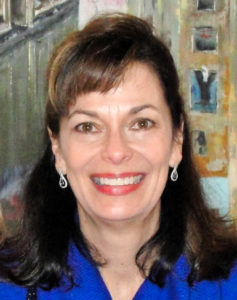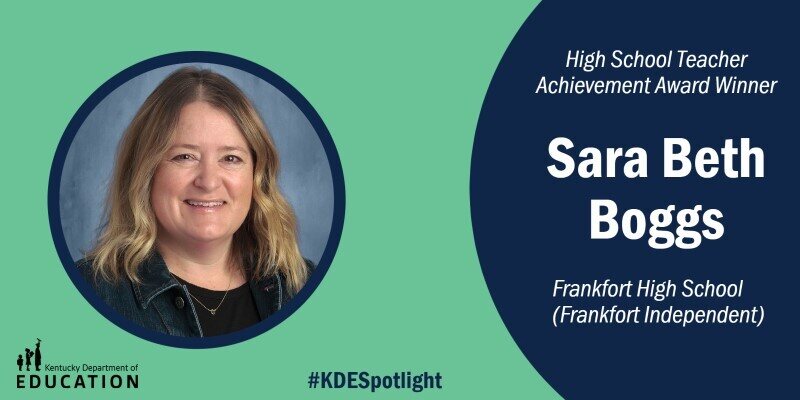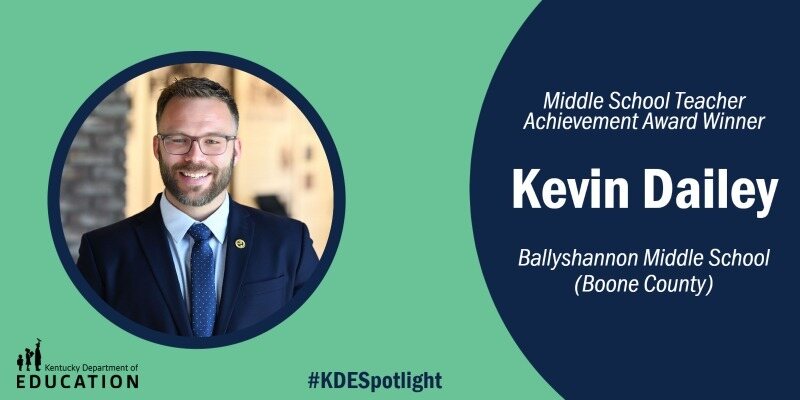The Kentucky Educators for the Deaf and Hard of Hearing (KYEDHH) has established an Educator Spotlight as a way to recognize educators for their dedication and professionalism. KYEDHH members have an opportunity to nominate an outstanding educator for his or her special contributions to students who are deaf and hard of hearing.
The KYEDHH Educator Spotlight will run throughout the school year. Each month, at least one educator will be selected from those nominated. The spotlight will be a regular feature on Kentucky Teacher.

Christi Bailey
Christi Bailey, a recently retired outreach consultant for the Kentucky School for the Deaf’s Statewide Educational Resource on Deafness, was selected for the November Educator Spotlight.
“Christi Bailey retired on Oct. 1, 2016, after serving students of the Commonwealth of Kentucky for 37 years, specifically those who are deaf & hard-of-hearing (DHH),” said fellow DHH Teacher Paula Pleasant, who nominated Bailey. “Her last position was that of outreach consultant for the Statewide Educational Resource Center on Deafness (KSD), servicing two regions (northern and northeastern Kentucky). She worked tirelessly to assists DHH teachers and families in both regions, doing the job of two consultants.”
To learn more about Bailey and her accomplishments, KYEDHH asked her some questions.
What is your proudest and/or favorite memory teaching deaf and hard-of-hearing students?
“Years after I had left a particular school, a colleague got in touch with me to give me a message from a former elementary student who was then in high school. The student wanted me to know that he now understood why I expected so much of him and challenged him. He said to my colleague, ‘Tell Christi Bailey I learned so much from her when she was my teacher.’”
Do you have any advice for other educators who teach deaf and hard-of-hearing students?
“I believe there are three tenets that are critical to teaching students who are deaf or hard of hearing.
- “First, believe your students can have age-appropriate language, reading and writing skills. Have high expectations of your students. Work diligently to help families and other educators do the same. If you truly believe it, others will too.
- “Secondly, working with family members to empower a child with self-confidence is equally, if not more, important than teaching academics.
- “And lastly, involve yourself with adults who are Deaf, deaf or hard of hearing because most of us have typical hearing and we can never truly understand the day-to-day experience of what it is like to have a hearing loss. Respect and value their knowledge of hearing loss, even when it doesn’t make much sense to you.”
Do you have any observations about how education of the deaf and hard of hearing has changed over the years?
“When I began my career, the average age of identification of hearing loss was between 2 and 3 years of age. We now know this is why so many have struggled with language development, thus reading and writing. It was not understood that there was a critical acquisition period for language development and if a child missed that opportunity between birth and 3 years of age, it was likely the child would have a language delay.
“Thankfully now, the vast majority of infants are screened at birth. Though great strides have been made in identifying hearing loss before 3 months of age, there is much to be done to provide quality early intervention services by highly skilled professionals specifically trained and experienced in hearing loss.”
Do you have any words of wisdom or a quote you use to relay a message?
“As teachers, we seldom get to see the fruits of our labor. We rarely know if our students become happy, self-supporting adults. Know that what you do every day is important, very important. When you feel weary with all that is on your shoulders remember, other than parenting, there is nothing greater than being a teacher. Henry Adams reminds us of this when he says, ‘A teacher affects eternity. You can never tell where her influence stops.’”




Leave A Comment